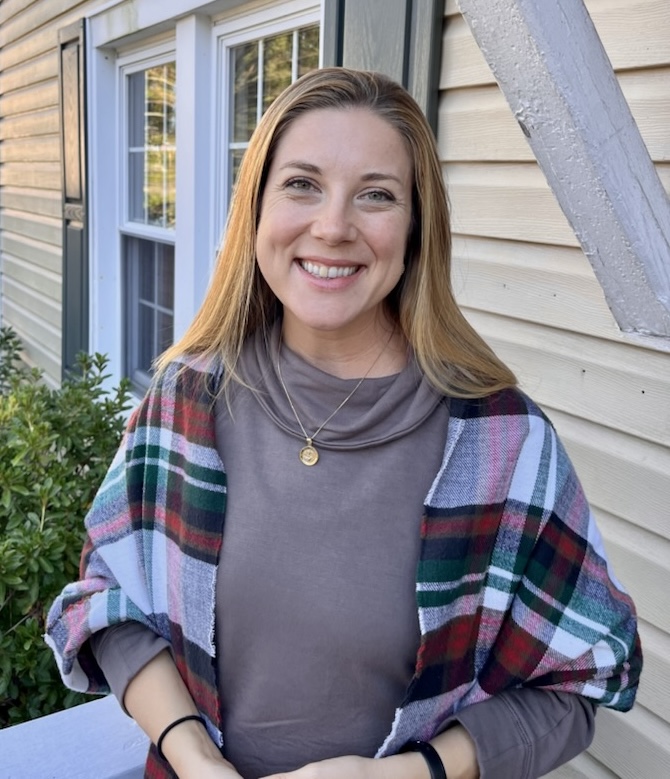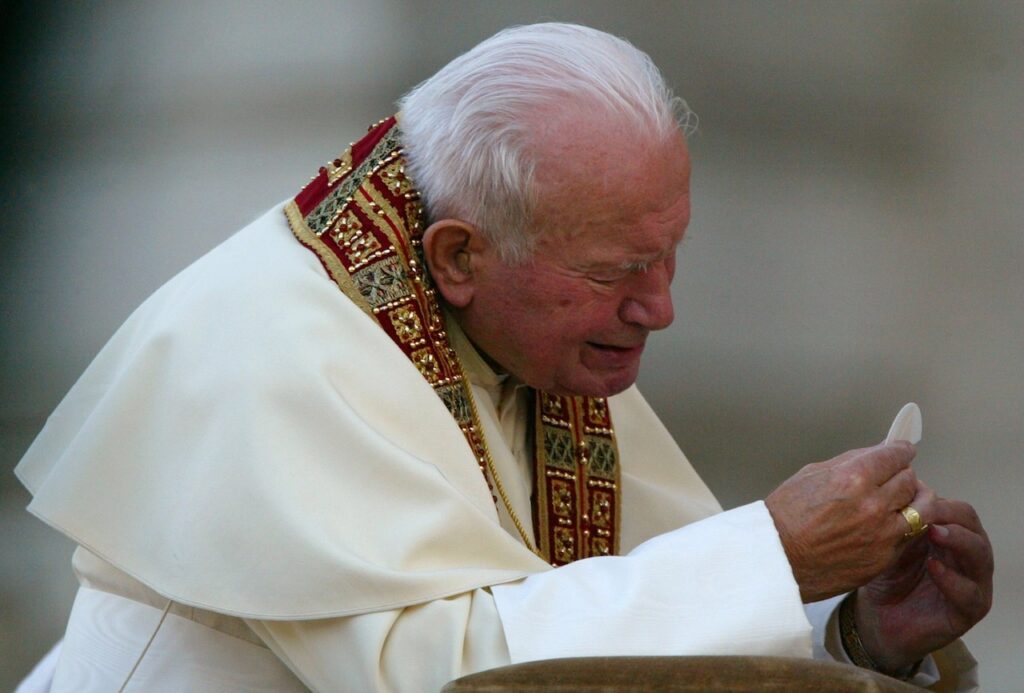Reflection on Mass readings for Oct. 20 (29th Sunday in Ordinary Time)
Is 53:10-11
Ps 33:4-5, 18-19, 20, 22
Heb 4:14-16
Mk 10:35-45 or 10:42-45
Our cat, Violet, died recently. She stopped eating, acted a little lethargic, and her bloodwork showed kidney failure. At the vet’s recommendation, we took her home for one last night together, said our “goodbyes,” and in the morning, she underwent “humane euthanasia.” I held her as she passed away. It was brutal.
My girls, who are 11 and 12, were devastated. They asked a lot of existential questions: “Why would God do this?” “Why didn’t we get longer with her?” “Do you think she knew she was dying?” And of course, the eternal query, “Do cats go to heaven?”
Did I mention it was brutal?
Cognitively, I know that animals don’t have rational souls as human beings do. Their suffering doesn’t have redemptive value and can ethically be stopped medically. Having taught theology for years, I fancied myself properly catechized and detached. But the passing of sweet Violet and the pain it caused my girls was acute. I admit that I, too, was in the depths of a very real grief.
Where animal suffering had ended, human suffering took over. Fruitless suffering had transitioned into a pain that could become redemptive. We couldn’t go over or around the pain – we had to go through it together.
Our readings this week teach us that enduring suffering with trust in the Lord leads to mercy.
My prayer often sounds like James and John in the Gospel: “Teacher, we want you to do for us whatever we ask of you” (Mk 10:35). Usually, those prayers are requests for an end to conflict, suffering, and stress. They are for a change of heart, an end to addiction, a return to faithfulness.
Quite often, these prayers aren’t answered according to my will. The discomfort continues, the grief comes in waves, the anxiety returns. Those I wanted the Lord to fix are still broken, including me. God permits this pain, and we can’t go over or around it.
In the Garden of Gethsemane, Jesus prayed to the Father to avoid the suffering awaiting him. He prayed alone, in the dark of night, in a distress so deep it manifested physically. The Lord takes no delight in pain, whether it be mental, spiritual, or physical. But Jesus accepted it for the sake of salvation. He reached for the cup the Father offered in deep trust, leading to mercy.
He showed us the beauty and fruitfulness of suffering surrendered to the Father for the salvation of souls. And as he tells us through James and John, “The cup that I drink, you will drink, and with the baptism with which I am baptized, you will be baptized” (Mk 10:39). We too will be offered a bitter drink, but only for the sake of redemption.
When I think of suffering well, Pope St. John Paul II always comes to mind. I remember his vitality, his intellectual prowess, his vigorous travel schedule. To quote the musical “Hamilton”: “the man was nonstop.”
And then that brilliant brain, that brave heart, and that valiant soul were in a rapidly deteriorating body. As Parkinson’s disease ravaged his physicality, St. John Paul didn’t hide away from public view. To the contrary, he took up his cross and carried it, showing us all the beauty of suffering endured for redemption. How many souls have been saved by his witness? I pray to find out when I have run my race.
My only hope of meeting this great soul at the Lord’s banquet is not in spite of, but because of the suffering common to this fallen world. Jesus’ infinitely efficacious offering of unjust suffering and death, faithfully endured, has opened the gates of mercy for us all.
As we pray in the Divine Mercy Chaplet, “You expired, Jesus, but the source of life gushed forth for souls, and the ocean of mercy opened up for the whole world.”
We only had Violet the cat for 455 days. She was a rescue, and we never knew her real age. We expected to have many happy years with her, sitting on the couch, watching “House Hunters International,” her favorite show.
I’m not wading into the controversy of cat heaven, but I will say this: I truly believe that the pain the Lord has allowed us to feel in her sudden passing is an aid to our and others’ salvation. As we bear this and much heavier crosses, may we confidently offer it to the Father through the Son’s Precious Blood, emulating the great saints of our Church.
 Cate Harmeyer worked 15 years in Catholic education and campus ministry. She and her husband, Dana, now oversee the education of their two daughters. Cate is a Notre Dame football fanatic, sourdough enthusiast, and loves the beach and mountains.
Cate Harmeyer worked 15 years in Catholic education and campus ministry. She and her husband, Dana, now oversee the education of their two daughters. Cate is a Notre Dame football fanatic, sourdough enthusiast, and loves the beach and mountains.

